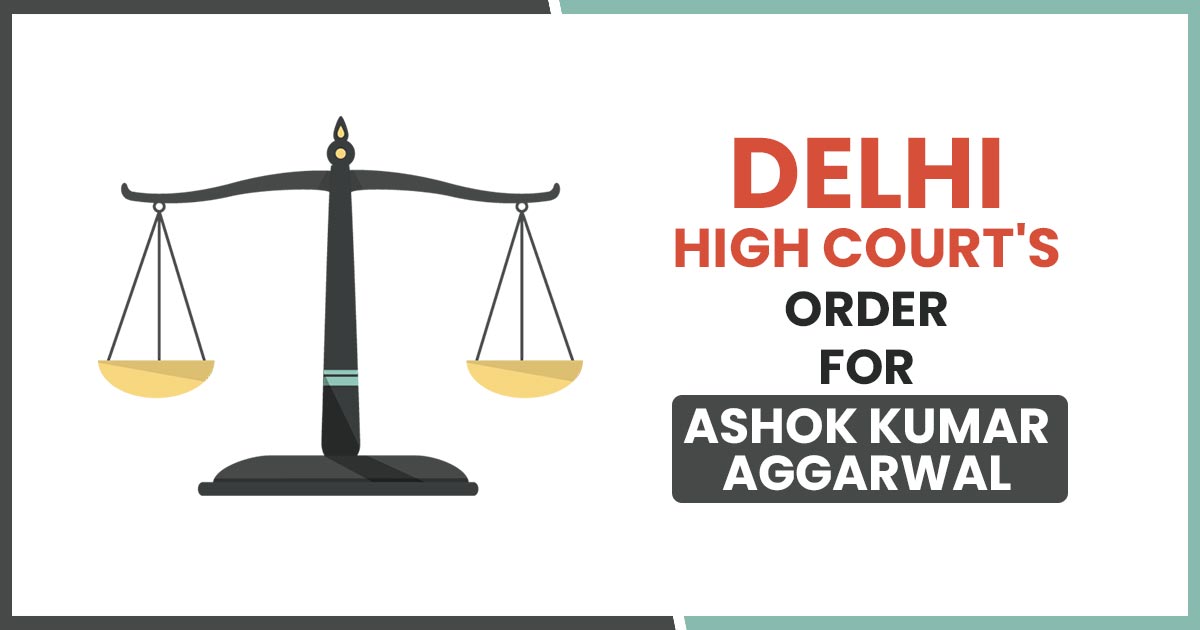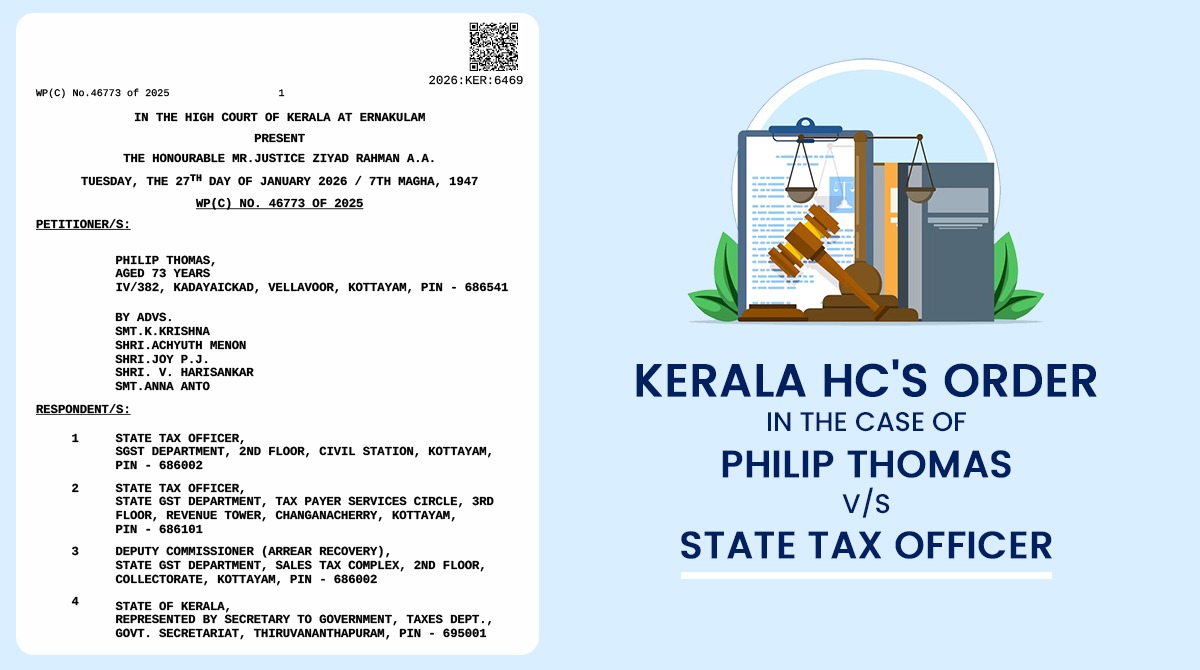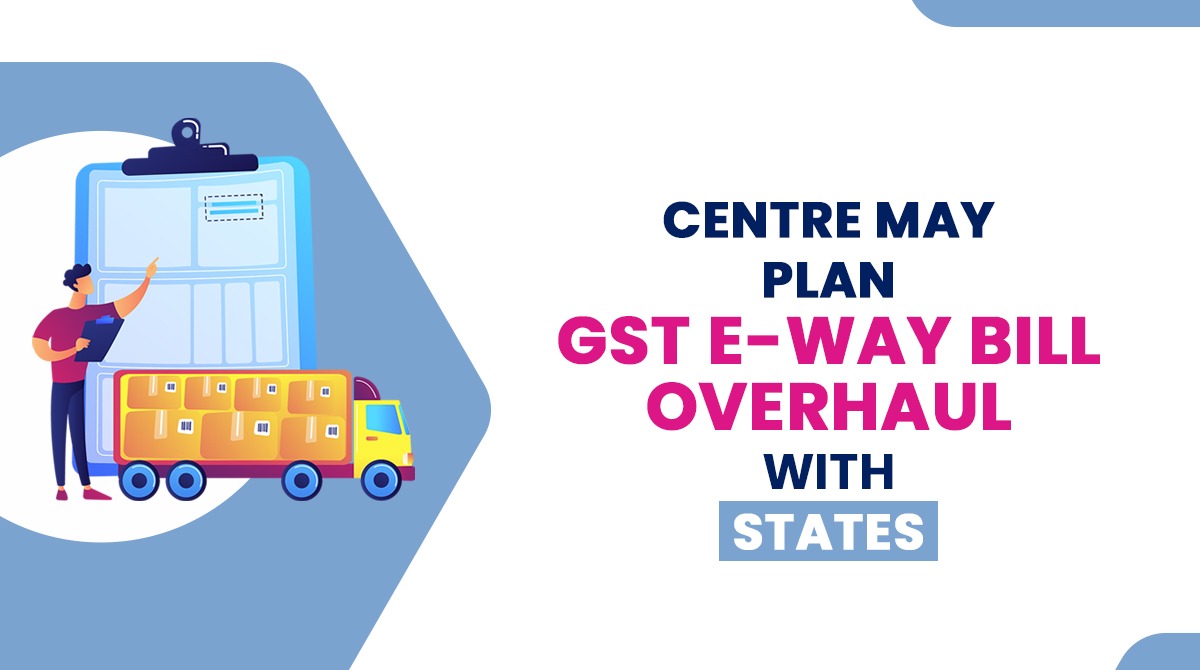
The Delhi High Court ruled that the seized cash was furnished via the taxpayer, beneath the same regime that was enduring then, to be considered as the advance tax and therefore there was no default in the advance payment. But its payment or adjustment was triggered because of the search action.
The applicant has proposed Rs 50 lakhs seized in the investigation to be treated as advance tax, the bench of Justice Rajiv Shakdher and Justice Girish Kathpalia noted. The same endorsement is revealed both in the Return on Investment (ROI) and in the calculation sheet including with the ROI.
The individual whose belongings were confiscated during a Section 132 Income Tax Act search hadn’t classified the seized amount as advance tax, despite making repeated appeals.
The taxpayer argued that they received copies of the seized documents on February 26, 2010, leaving them able to file the Return of Income (ROI) for the relevant Assessment Year only by March 15, 2010. The computation sheet attached to the ROI explicitly specified that the seized cash amounting to Rs. 50 lakhs should be considered as advance tax.
The tax department argued that adjustments were permissible only against existing tax dues, and since no tax liability was determined during the cash seizure, the adjustment couldn’t be anything but self-assessment tax.
The court concluded that the ROI was filed post-search but before the deadline. The individual had voluntarily designated the seized cash as an advance tax within the prevailing tax system, showing no default in advance tax payment. Even though its allocation stemmed from the search action, there wasn’t a postponement in advance tax payment for the same reason.
| Case Title | Ashok Kumar Aggarwal VS Asstt. Commissioner of Income Tax Circle-2 |
| Citation | W.P.(C) 4707/2019 |
| Date | 01.11.2023 |
| Counsel For Petitioner | Vidit Sharma |
| Counsel For Respondent | Shailendera Singh |
| Delhi High Court | Read Order |









